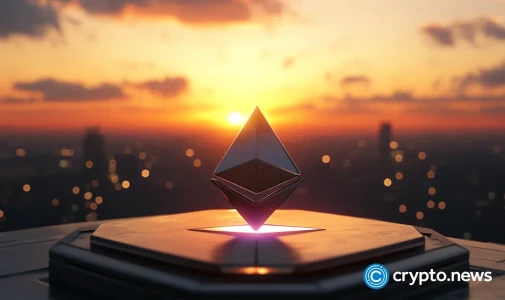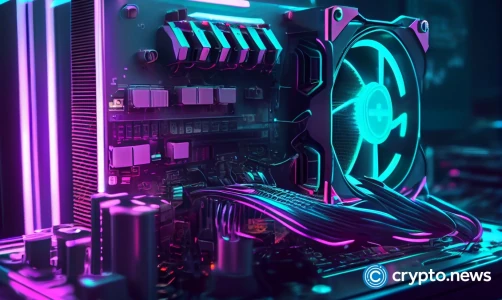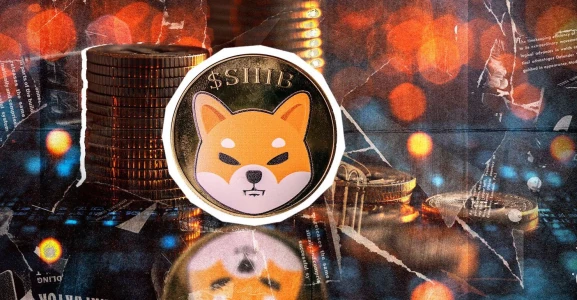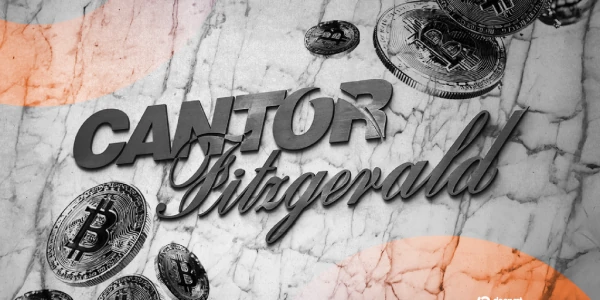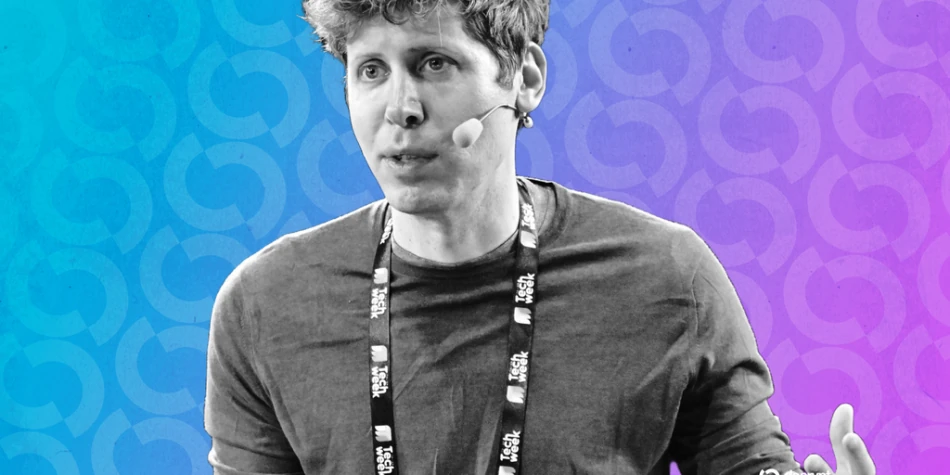
Controversial Data Preservation Order in OpenAI vs. NYT Lawsuit Raises Privacy Concerns
The AI firm said the order to retain deleted ChatGPT chats undermines user privacy as legal its battle escalates.[...]
OpenAI Battles Copyright Lawsuit from The New York Times
OpenAI is challenging a federal court order that mandates the company to retain all user data—including deleted chats—as part of a copyright lawsuit filed by The New York Times. The AI research firm argues the order is an "overreach" and is appealing to safeguard user trust and privacy.
The Core of the Dispute
The conflict began with a May 13 court directive requiring OpenAI to "preserve and segregate all output log data that would otherwise be deleted." The New York Times initiated the lawsuit in December 2023, accusing OpenAI and Microsoft of unlawfully using Times content to train their AI models, including ChatGPT and Bing Chat.
The Times asserts this practice violates copyright laws and undermines the financial sustainability of original journalism. OpenAI, however, counters that the publication is "on the wrong side of history" and selectively presented data to support its case.
Broader Legal and Industry Implications
In a related development, OpenAI has filed a countersuit against Tesla CEO Elon Musk—a co-founder of the company—alleging he attempted a hostile takeover using "bad-faith tactics" and a "self-serving narrative." The company aims to halt Musk's alleged campaign, which includes a disputed $97 billion takeover bid.
As generative AI continues to grow, courts are emerging as critical arenas for disputes over data, privacy, and intellectual property. OpenAI faces multiple high-profile copyright claims, including cases from Ziff Davis and Reddit.
The resolution of this lawsuit could set significant precedents for the AI industry and the development of generative models. While The New York Times advocates for protecting journalism and fair compensation, OpenAI emphasizes its commitment to user privacy and trust.
Most Viewed News

